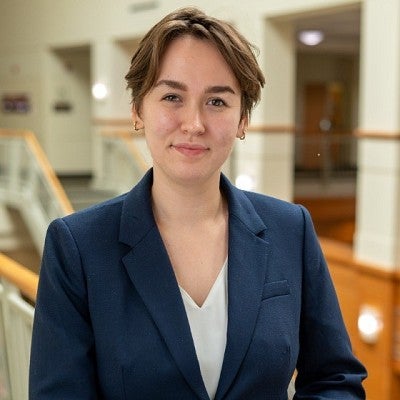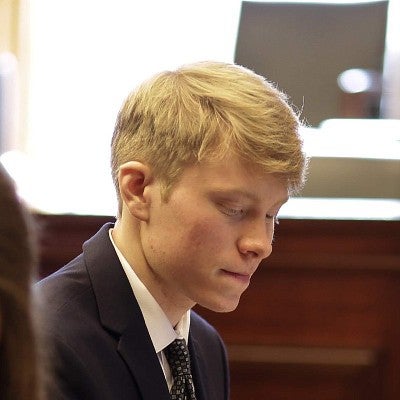Do you dread writing assignments? Do you love them? Are you looking to improve your writing skills in a meaningful way that reaches audiences beyond the classroom? Do you want to create a portfolio of work that will help you get internship and jobs?
If your answer to any of these questions is yes, you should consider taking a seminar in public writing. Public Writing Seminars are small-group, interdisciplinary courses that enable students to learn how to communicate academic knowledge to broader audiences and become familiar with different genres of public writing, including op-eds, features, profiles, and blog posts.
Regardless of your writing skills, Public Writing Seminars provide students with wonderful opportunities to improve their writing and take it to the next level.
What to Expect
- Get detailed feedback on your work and learn how to give effective feedback.
- Learn to translate complex information effectively to a non-academic audience.
- Develop a voice that opens the door for your writing to make a difference in the world.
These workshop-style courses will strengthen your writing, editing, and revision skills. Seminars are fast-paced, rigorous, and intensely rewarding. You’ll see a difference in your writing almost immediately as you write with more authority on important topics. In a Public Writing Seminar, you’ll learn quickly how central public writing is to success in life beyond college. And you’ll gain skills that will establish you as a leader in future internships and jobs.

Embrace feedback from your peers
“Before I took a public writing seminar, feedback on any paper seemed like torture. Now I look forward to receiving any feedback because I know my final piece of work is always something I can be proud of.”
—Maya Ward, Current Clark Honors College 3+3 Law Program Student
Public Writing Seminars for Academic Year 2025-2026

Improve your writing, draft by draft
“The Public Writing Seminars taught me that multiple drafts are not only important, but are absolutely necessary for well-developed writing.”
—Ethan Scott, Clark Honors College Class of ‘23

